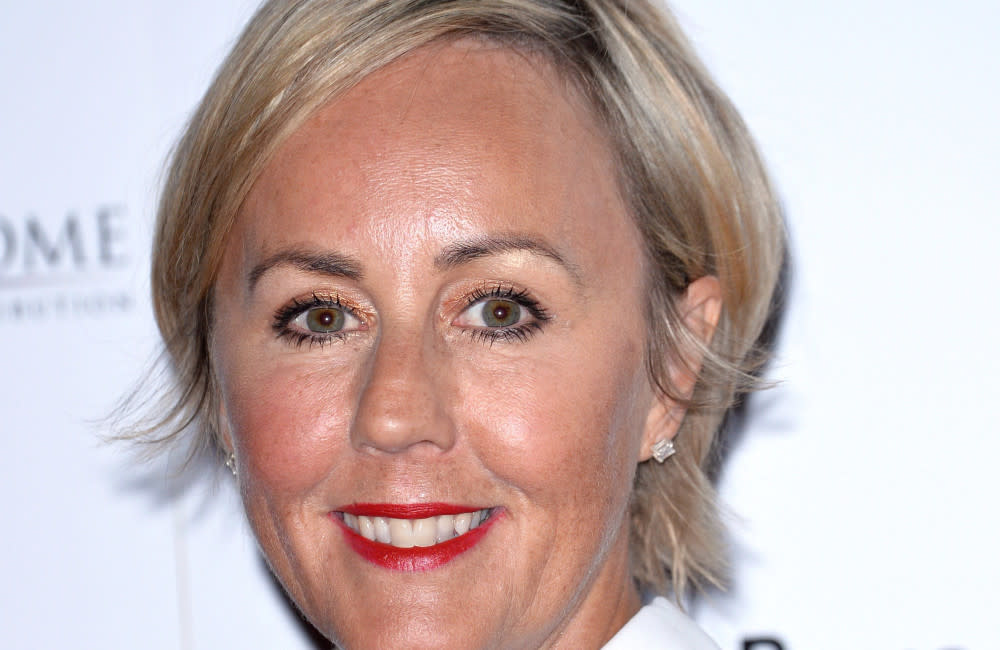Shirlie Kemp reveals she would 'fear' getting her period at the height of her fame

Shirlie Kemp used to "fear" getting her period at the height of her fame.
The 62-year-old singer formed a duo alongside Pepsi DeMacque in the late 1980s but suffers from endometriosis - a disease in which tissue similar to the lining of the uterus grows outside the uterus causing intense pain - and used to worry about things she couldn't do on stage when it was her time of the month.
Speaking on UK TV show 'Lorraine, she told stand-in host Ranvir Singh: "I would be looking at my diary...the thing is, Pepsi knew how bad I was. We'd say 'Oh I can't do that', but if we were on an aeroplane, I just had to roll up into a ball and put a blanket over myself. I used to take too many Nurofen, and that's dangerous to take so many anti-inflammatories.
"I feared that time of the month and it became a cycle. As a woman, I felt, 'Maybe I'm just a weed, and I'm not very good at doing this'...and it's embarrassing to tell anyone.
"I was only 22 when I got a diagnosis."
The 'Heartache' hitmaker recalled starting her periods in the years before she found fame and doctors would often misdiagnose her condition as "food poisoning" and it wasn't until she could afford to go private that she got an official diagnosis.
She said: "I started suffering pain as soon as I started my periods in the 1970s. My mother never had period pains so when I used to have these excruciating period pains, I would be bedridden, vomiting, unable to move, and my legs and my back would be in pain.
"She would call the local GP around and he did not diagnose...he said it must be something else. I even got told I had food poisoning once because the vomiting didn't make sense. I was just given Paracetamol and when you're suffering as a young girl and other people aren't, people say 'You need to get over it' or 'You'll grow out of it'. But I never grew out it. It got worse and worse, it was like a 48-hour continuous labour pain. And it wasn't until I was old enough I could go to a private doctor, and I had the money. I feel so sorry for anyone going through that pain, I compare it to labour pain."

